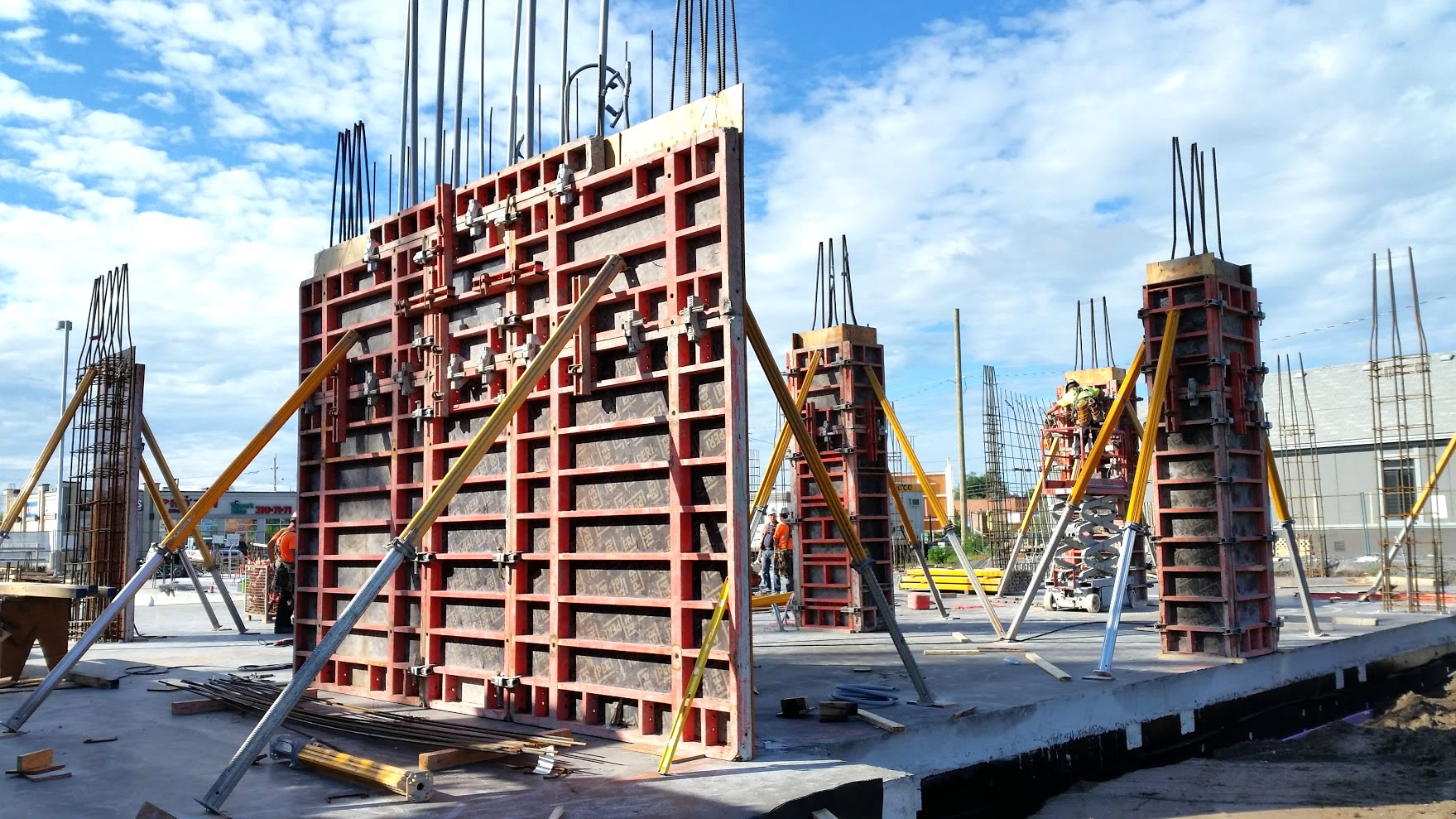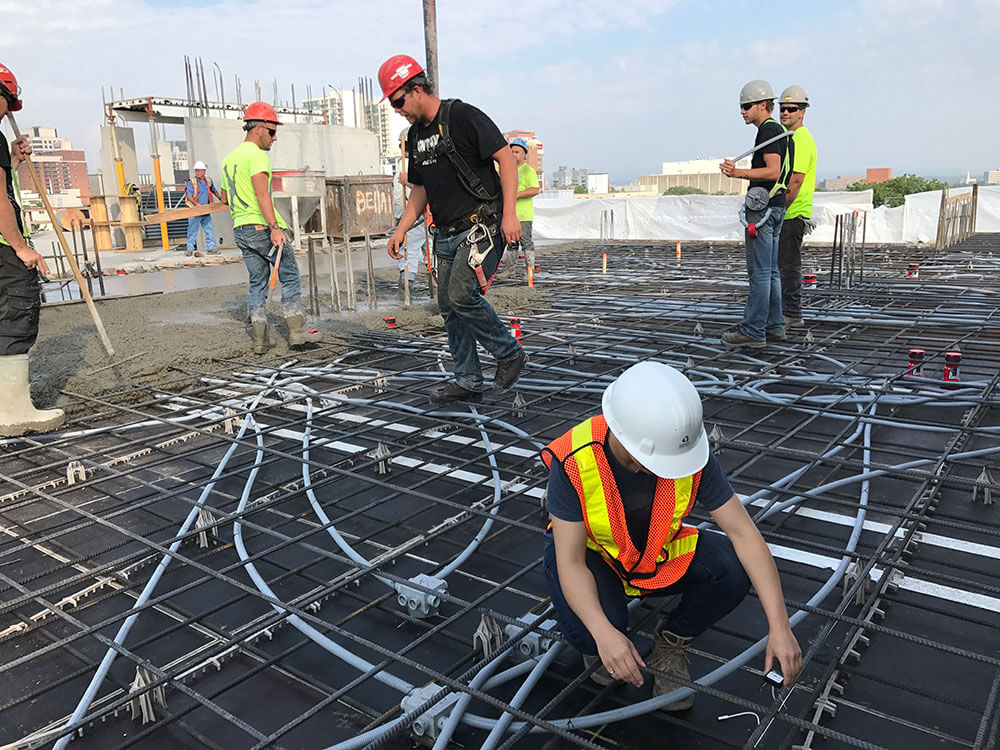The city of Las Vegas, Nevada has been notorious for its new projects in infrastructure for decades, and now a new breakthrough addition is about to be made. News of a potential subway line underneath the infamous strip has been stirring, and the feedback has been one extreme to the other. This new project proposal was one of many unveiled by the Regional Transportation Commission of South Nevada to aid with the heavy traffic flow along the resort and nightlife hub. This new addition to the city will have a huge impact on traffic flow during peak seasons and times of major conventions, but the constant construction for the next few years will cause serious delays.

There are many positive aspects to this proposed construction project, in particularly the increase of job opportunities that could help boost this economic sector. The construction of subway lines in major cities have become imperative to decrease the amount of traffic and when built properly, are incredibly time saving for commuters. In Hangzhou, China, a city with a population of over 8 million people, the city’s urbanization team did not begin working on subway lines until recent years and have fallen behind in comparison to other cities in the nation such as Shanghai and Beijing.
In our nation’s capital of Ottawa, Canada, the LRT (light rail transit) is aimed towards redesigning the way citizens live in Ottawa completely. Recently, Carling Avenue in Ottawa was named one 5th worst road in Canada for traffic, and the highways are not much better. The urbanization plans for the city did not take into consideration the increase in population, and those who live in the suburbs are forced to commute three times as long than they should during rush hours. The Subway line is meant to connect downtown to all the suburban areas and lessen the use of the city’s unreliable bus system, OC transpo (commonly referred to as “No See Transpo” or “No Show Transpo”. In a city wit such intensely cold winters, a subway line would be life changing for those who must commute to work and school every day.
Sources: Josh O’Kane, Globe & Mail, Richard Velotta, Review Journal, TTC Building a Subway





